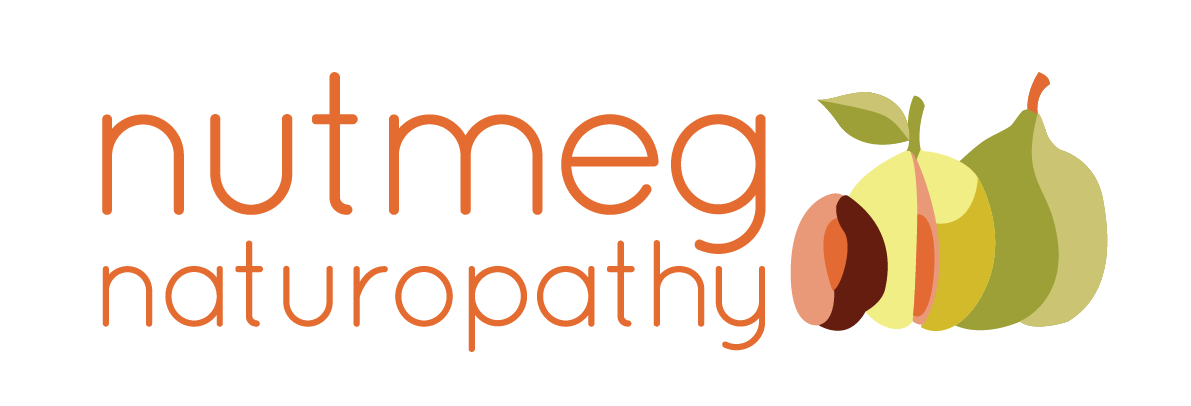Did you know that you cannot be anxious while being truly thankful?
They say that if you are feeling low or anxious, you should try to identify at least 5 things that you appreciate, as it has immediate effects on your body and mind. Psychologist and author of “What Happy People Know” Dan Baker, states that it is a fact of neurology that the brain cannot be in a state of appreciation and a state of fear at the same time, that the results of gratitude on your body are - “Creativity flows, heart rate slows, brain waves soften into rolling ripples, and an exquisite calm descends over your entire being. During active appreciation, your brain, heart, and endocrine system work in synchrony and heal in harmony. “
Why should I bother being grateful?
Aside from the fact that you have the power to put a smile on someone’s face, or improve their day/life, there are plenty of reasons why it is good to be grateful!
“Gratitude interventions” have shown the following affects;
– Greater level of optimism.
– Reduction in physical problems – aches and pains.
– Improvements in exercise patterns.
– More likely to achieve personal goals.
– Increased alertness, enthusiasm, determination and energy.
– Lower depression and stress rates.
– Higher capacity for empathy and generosity.
– Grateful individuals place less importance on material goods; they are less likely to judge their own and others’ success in terms of possessions accumulated; they are less envious of others; and are more likely to share their possessions with others, relative to less grateful persons.
– Encourages ‘pro-social’ behaviour - moral decisions made toward the betterment of mankind.
From – (Emmons & McCullough, 2003) and (McCullough, Emmons, & Tsang, 2002) and the website; http://happierhuman.com/the-science-of-gratitude/.
What actually happens in the brain?
Gratitude activates the regions in our brain which are also associated with Dopamine. Dopamine is the ‘feel good’ neurotransmitter, which often creates a patterned response. That is to say that when we do something that initiates a dopamine hit, we are likely to repeat the behaviour. So being grateful will become a habit, if done correctly!
Gratitude requires an appreciation of the positive aspects of your situation. It is not a comparison. Sometimes noticing what other people don’t have may help you see what you can be grateful for, but you have to take that next step. You actually have to show appreciation for what you have, for it to have an effect.
What are some practical ways to introduce more gratitude in my life?
“Gratitude Interventions” are simple ways to help your brain think in thanks. They include;
Journaling about one positive experience you’ve had over the last 24 hours. “This exercise teaches your brain that your behavior matters.” Write a few paragraphs about the thing you are grateful for and why it is important to you. Start the sentence with “I am grateful/thankful for”.
Gratitude Therapy – therapy based solely on showing gratitude.
Gratitude Beans – count your blessings on a piece of string using one bead or bean for each thing you have to be thankful for. You can wear the beads or keep them with you and look at them in times of need.
Gratitude Tree – decorate a small tree/large branch with paper leaves that you write all your “thank you’s” on.
Writing three things you’re grateful for every day. This results in the brain starting to scan the world not for the negative, but for the positive.
Write a list of 101 things you are grateful for.
Meditation which “allows your brain to get over the cultural ADHD that we’ve been creating by trying to do multiple things at once, allowing us to focus on the task at hand.” – Dan Baker
Random acts of kindness: Praising someone in your life for ANYTHING they have done.
Thank one person EVERY DAY for something they have done for you or another member of this planet.
Help someone with a personal problem or offer emotional support to another person.
In each of the above ideas, you must experience and enact the gratitude in order for it to have its desired affect.
So the next time you are feeling angry, anxious or scared, try a gratitude activity and see how it impacts you. What do you have to lose?
Tah,
Ray
Studies/sources I have included in this post;
1) ttp://www.psychologytoday.com/blog/prefrontal-nudity/201211/the-grateful-brain
2) Emmons, R.A., & McCullough, M.E. (2003). Counting blessings versus burdens: Experimental studies of
3) gratitude and subje ctive well-being. Journal of Personality and Social Psychology, 84, 377-389.
4) TEDxBloomington – Shawn Achor – “The Happiness Advantage: Linking Positive Brains to Performance”
5) http://happierhuman.com/the-science-of-gratitude/
6) Emmons, R.A., McCullough, M.E., & Tsang, J. (2003). The assessment of gratitude. In S.
Lopez & C.R. Snyder (Eds.), Handbook of positive psychology assessment (pp. 327-342) Washington, DC: American Psychological Association.
7) http://www.30daygratitudechallenge.com/why-gratitude
8) http://www.psy.miami.edu/faculty/mmccullough/Gratitude-Related%20Stuff/highlights_fall_2003.pdf
9) Baker. D and Stauth. C (2004) What Happy People Know: How the New Science of Happiness Can Change Your Life for the Better. St. Martin’s Press
10) http://happierhuman.com/the-science-of-gratitude/
By Guest Blogger
Ray Medhora





